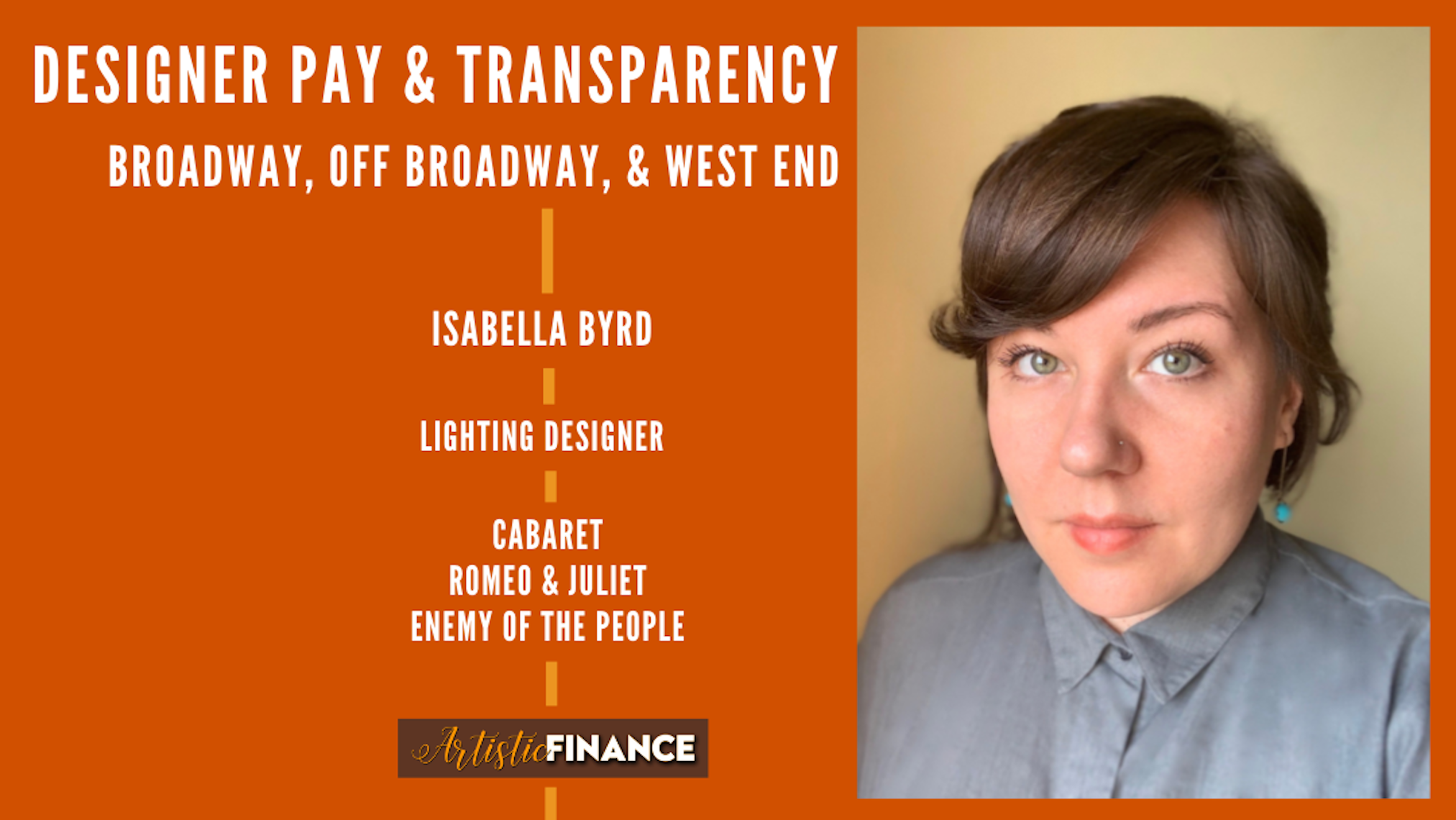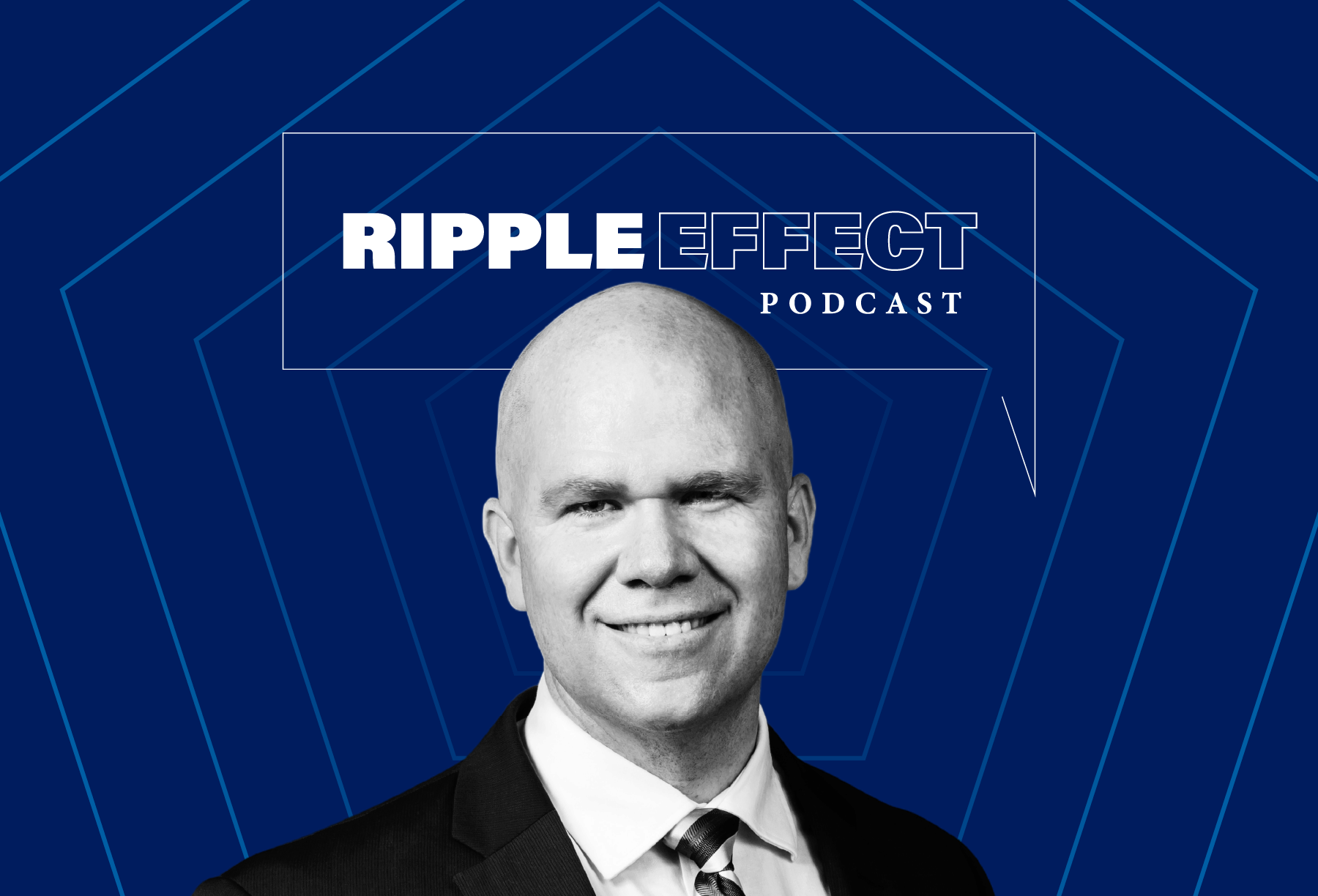In a revealing episode of the Artistic Finance podcast, renowned lighting designer Ethan Steimel engages in an eye-opening discussion with fellow designer Isabella Byrd. Known for her Tony-nominated work on Cabaret, Byrd sheds light on the often unspoken financial realities faced by theatrical lighting designers. The conversation traverses a range of topics, from IRS errors to the importance of passive income, and highlights the need for greater pay transparency within the industry.
The IRS Error That Cost Thousands
One of the most striking revelations from the podcast is Byrd’s account of an $85,000 IRS error that persisted for seven years. This error, potentially made by a payroll company or the IRS itself, erroneously inflated her reported income and led to significant financial and emotional stress. Byrd had to spend thousands of dollars in legal and accounting fees to rectify the mistake, as the IRS never acknowledged responsibility. This story underscores the need for meticulous financial record-keeping and highlights the potential pitfalls of relying on external entities for tax-related matters.
The Power of Passive Income and Financial Transparency
Byrd’s journey from living paycheck to paycheck to achieving financial stability through passive income is a testament to the transformative power of financial planning. She emphasizes the importance of community and open dialogue among designers, producers, and general managers to foster pay transparency. Byrd also shares her experience with Certificates of Deposit (CDs), a modest investment option accessible to many, as a means of generating passive income.
Union Benefits: Tracking and Maximizing Value
The podcast delves into the advantages of union membership, particularly in terms of healthcare and pensions. Byrd provides valuable insights into accessing the USA829 member ledger to track union earnings and vesting credits. This information proved enlightening for Steimel, who realized he was closer to qualifying for certain benefits than he had initially thought. For those interested in a visual guide, the video version of the episode is available on YouTube.
Design Fees vs. Reality: A Call for Structural Change
Byrd candidly discusses the disparity between lighting designer fees and the hours worked, especially when compared to the overtime protections enjoyed by IATSE crews. She advocates for a reevaluation of how design fees are structured, suggesting a model that ties compensation to time and location, akin to practices in the corporate and television sectors.
Resources for Financial Wellness: Empowering Designers
The discussion highlights valuable resources such as the Entertainment Community Fund, which offers accessible online financial wellness classes. Byrd credits these resources with providing essential financial education, which she believes should not be learned the hard way. She recalls benefiting from a financial consultation offered by Playwrights Horizons during her early career.
A Voice for Honesty and Change
Byrd’s openness about her financial journey—disclosing how much she earned, lost, and needed to sustain her career—resonates deeply with listeners. Steimel expresses gratitude for her willingness to share these insights, acknowledging the relief it brings to hear someone speak candidly about such matters. Byrd’s dedication to both her art and the sustainable livelihood of her peers positions her as a leader in advocating for change within the industry.
Episode Highlights
– The impact of an $85,000 IRS error
– The role of Certificates of Deposit in achieving passive income
– Navigating the USA829 union ledger for benefits
– Disparities in design fees between Broadway and Off-Broadway
– Transparency about a $40K/year income
– The significance of union contracts for pension and health benefits
– Free financial resources from the Entertainment Community Fund
– Challenges in design fee structures
– Byrd’s empowering message: “The climb up doesn’t have to be torturous. It can be respectful.”
Byrd’s insights serve as a powerful reminder that designers have a rightful place in the industry, and at some point, they too can become leaders advocating for transparency and financial equity.
Note: This article is inspired by content from https://www.livedesignonline.com/news/artistic-finance-isabella-byrd-pay-transparency-theatre-designers. It has been rephrased for originality. Images are credited to the original source.







